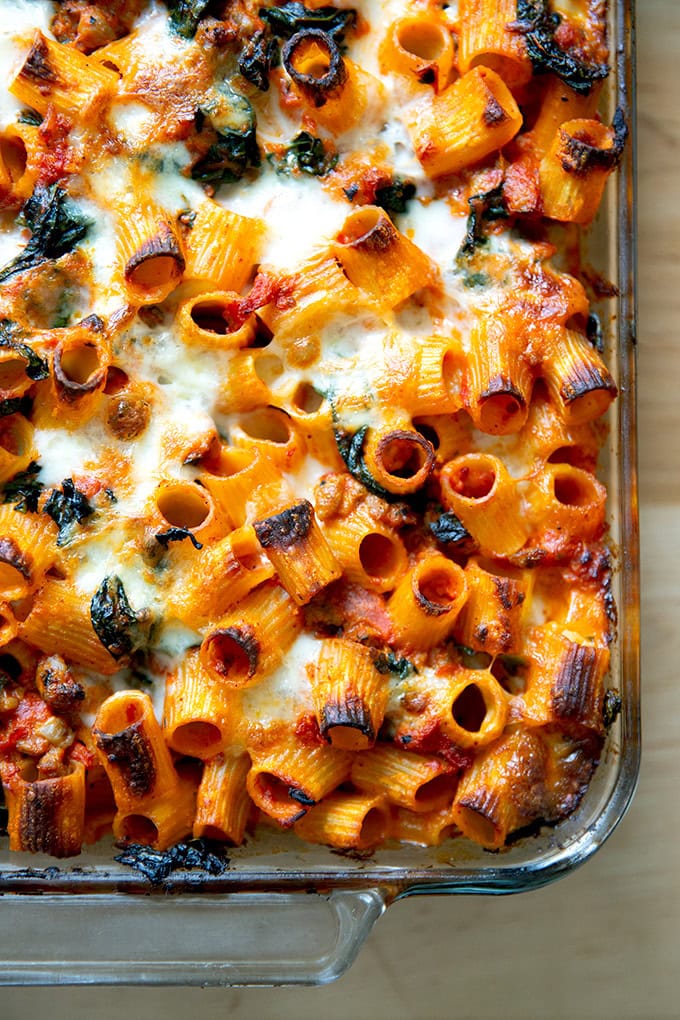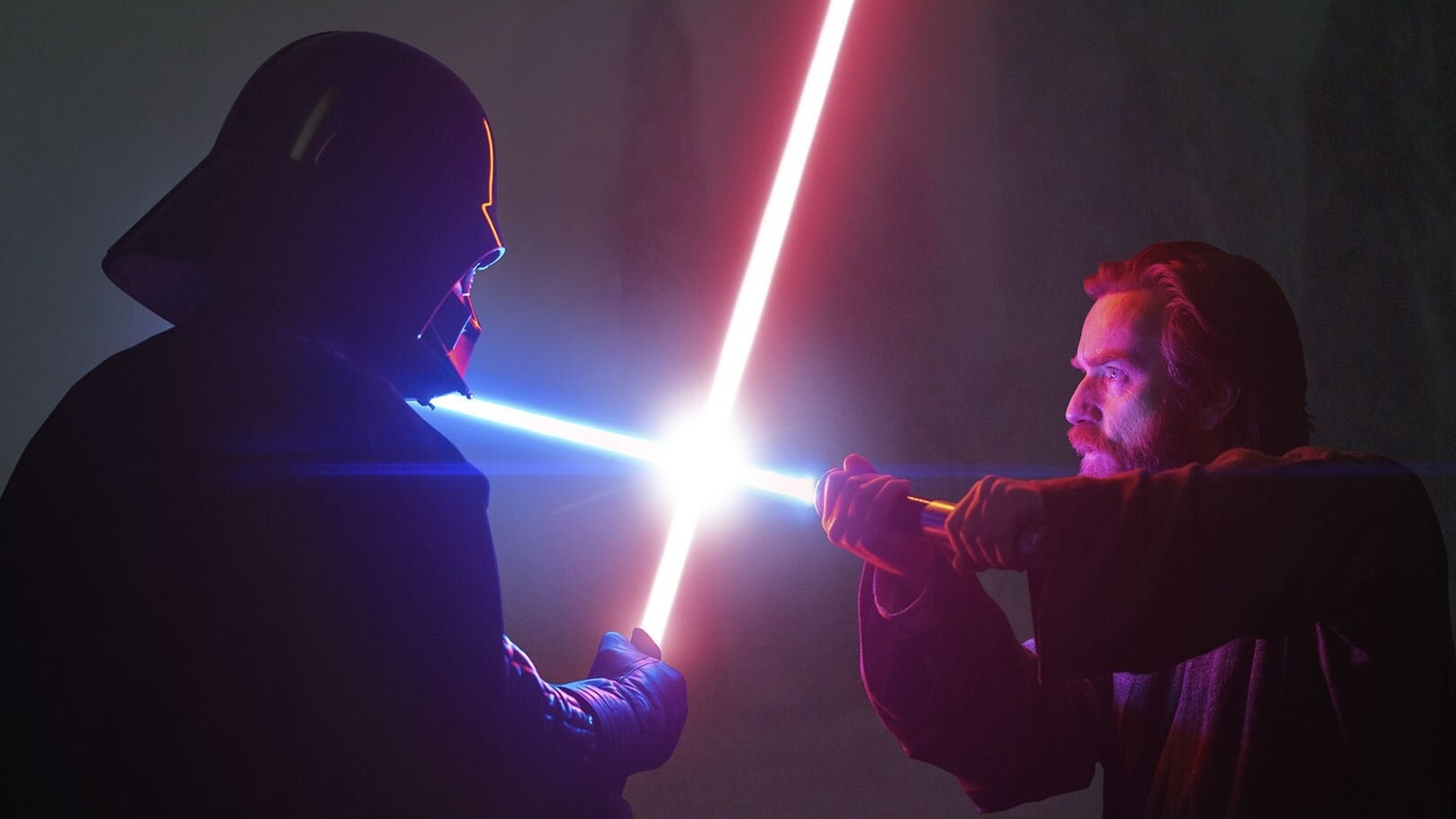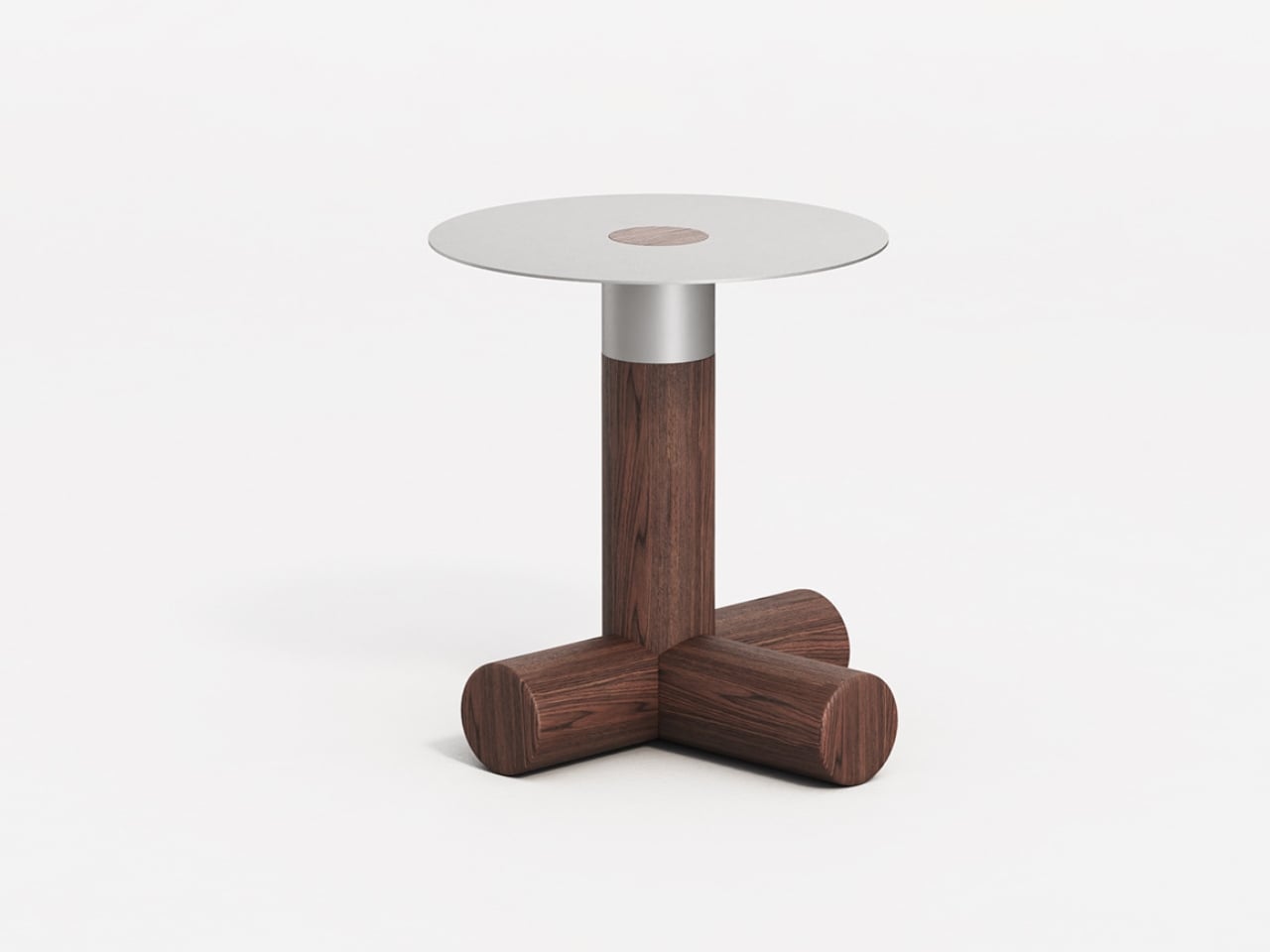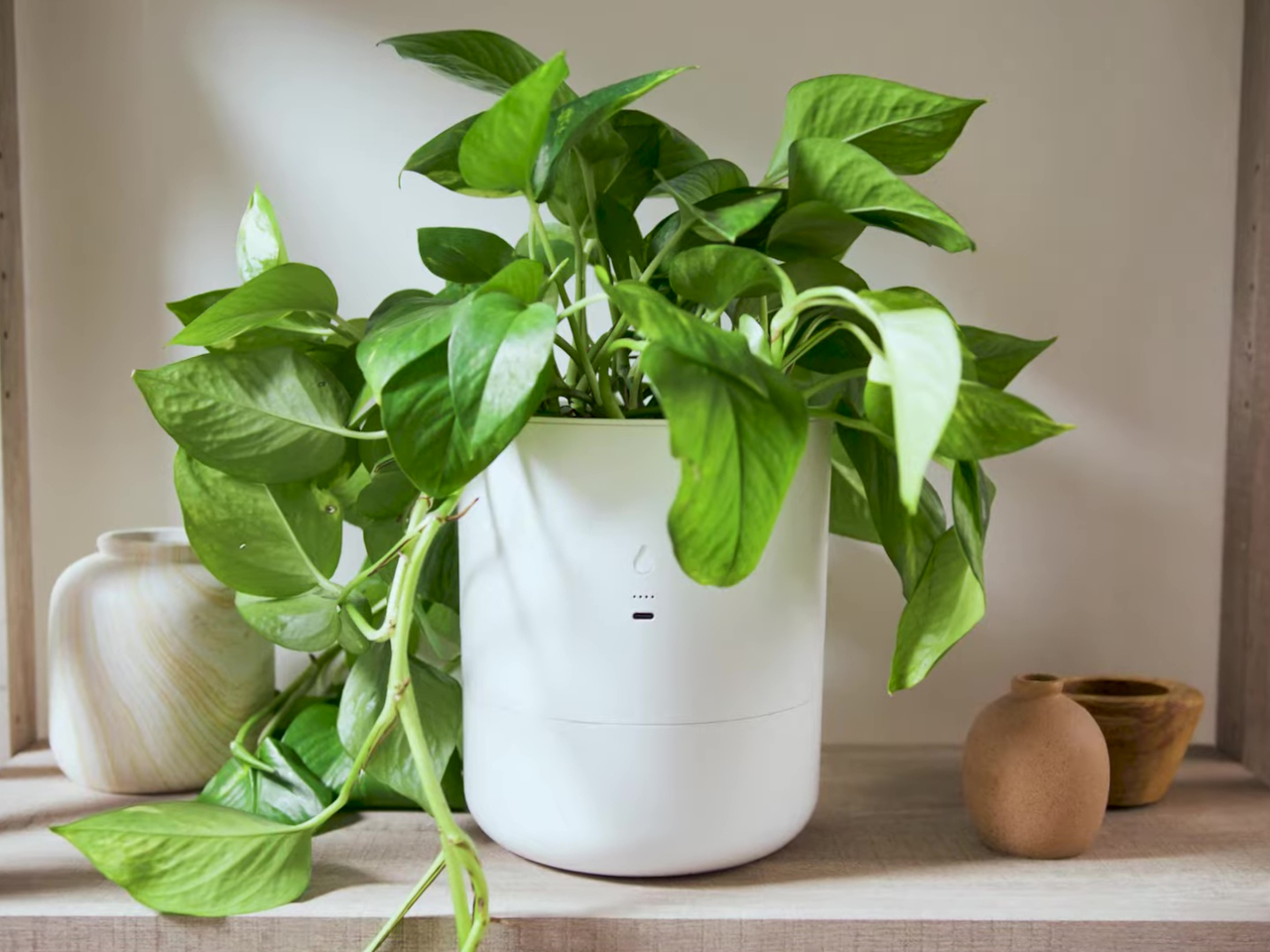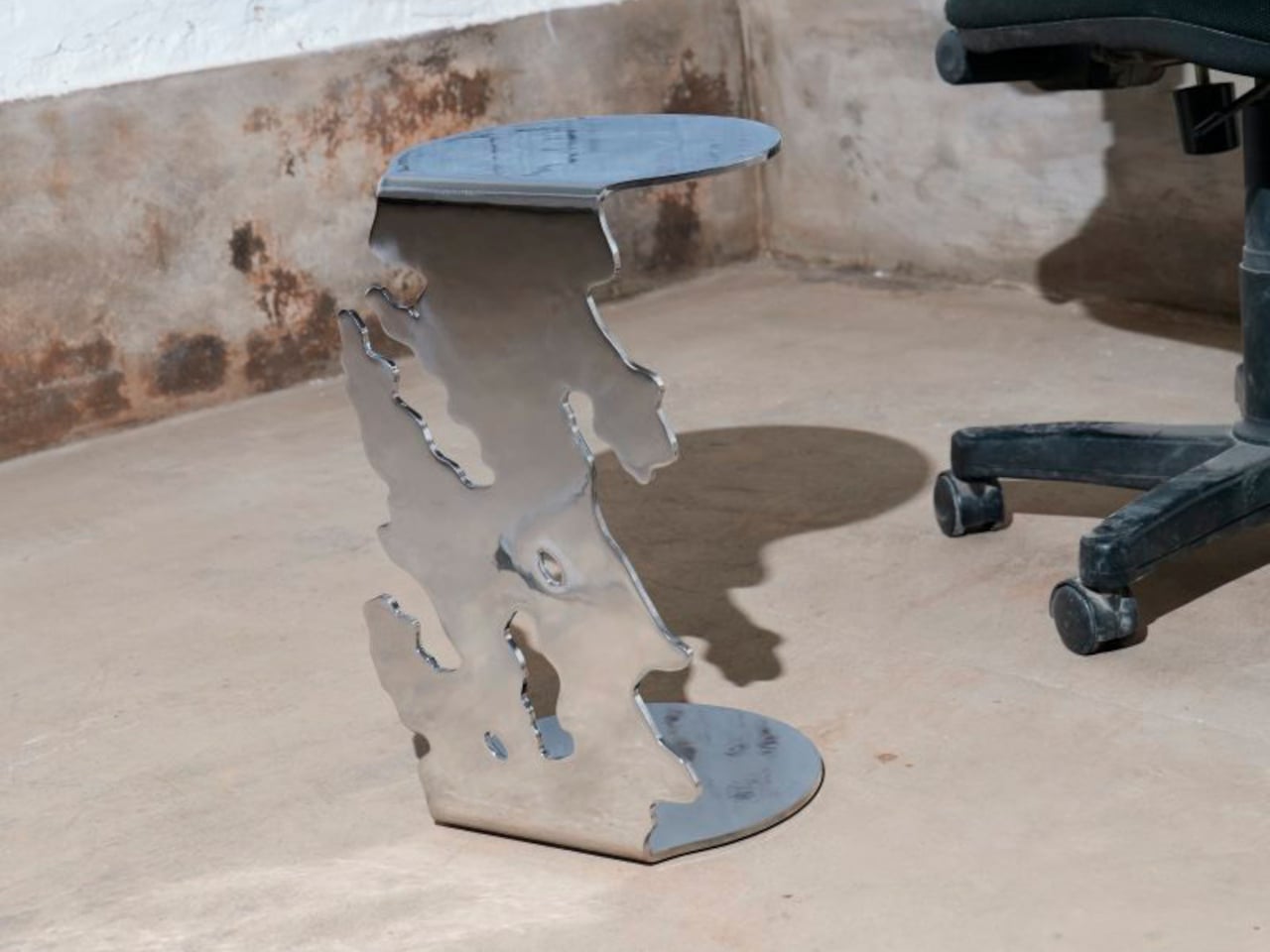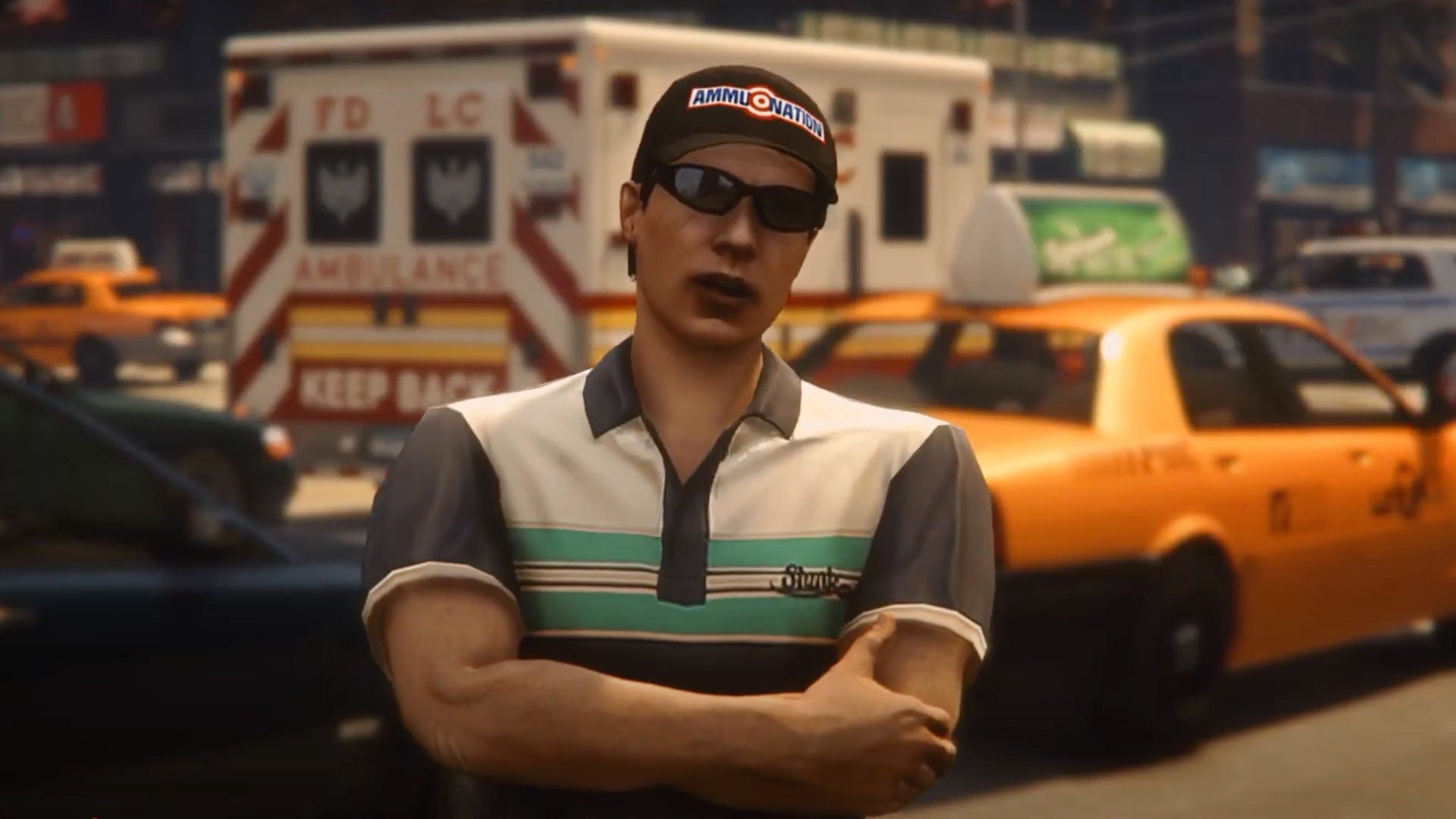Roy Wood Jr. Becomes A More Perfect Messenger With ‘Lonely Flowers,’ And He’s Not Done Cooking
Hulu/Uproxx The stand-up solidifies himself as one of the best in the game with a think/laugh/repeat approach and focus on connection.
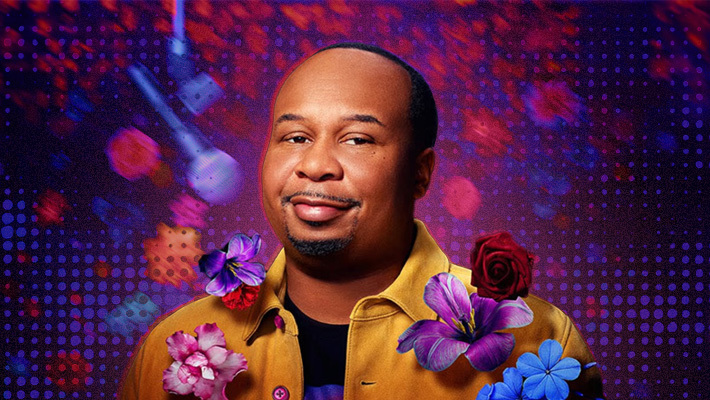

With Lonely Flowers (now streaming on Hulu), Roy Wood Jr.’s 4th hour long special, the former Daily Show correspondent solidifies his status as one of the top 3 or 4 stand-ups working today. That’s how good the special is, with Wood Jr. leveling up in terms of precision and comedic storytelling from the pretty close to perfect Imperfect Messenger, his last special, which dropped in 2022.
I am not new to the praising Roy Wood Jr. beat. Dude absolutely should have been named permanent host of The Daily Show, and his CNN comedy panel show (Have I Got News For You) helps to prove that every week (it got a season 2 pickup but is currently on hiatus) as he chops up the news with the help of Amber Ruffin, Michael Ian Black, and a broad mix of guests. The material in Lonely Flowers also makes that point with blaring clarity. This is not to say that you should go into the special expecting a full meal of political satire, though.
As Wood Jr. explains in this interview, a big focus for him going into the special was to not go political, reasoning that he has other creative avenues to speak on the news and newsmakers and that the world is bigger than (D) vs (R). With Lonely Flowers, his aim was for something grander, specifically keying in on the state of connection in these modern times while also getting even more personal than he did in Imperfect Messenger. It’s an evolution that is not finished, as we also discuss at length, but it is one that builds on his best in the game ability to deliver societal commentary that provides a simple road map for his audience: think/laugh/repeat.
I rewatched your Father Figure (2017) special before this, and you’ve got the bit where you’re talking about cashiers and it’s basically “just shut the fuck up and ring up my groceries!” Now you’ve gone from that to where you’re talking about feeling that lost sense of connection in those exchanges in a retail space dominated by self-checkouts.
Roy Wood Jr.: [Laughs] Yeah. It’s like I spoke too soon three specials ago. That’s a good fucking catch.
What I loved about the special, what I loved about Imperfect Messenger, and what I love about your comedy, in general, is, you make someone think and then before it gets too deep, you catch them with a laugh.
I feel like for me, man, I was trying to figure out a way, number one with this special, to not be political because it just felt like one, politics is going to change so fucking fast that I’m not going to be able to crack a joke at an October taping that would work in January, especially when you don’t know how the election’s going to go. And even after the election, you don’t know how the inauguration’s going to go. I think in that regard, it was an evolution of just figuring out, “Okay, how do I unify us?” I start the special, this one, by talking about we, as a collective, us, society, all of us. And in no way was I trying to make this a critique of… This special wasn’t about you all, it was about us. And so, I think once I say us, then I think it has given me the freedom. It gives me the freedom to not have to worry as much about pissing you off or stepping on a landmine because I’ve established that I’m in this with you too.
There’s a place for political humor, obviously. But also, it’s nice to not have to endure that in every special. It seems like a lot of comics, I think, are veering from that. Again, that’s not to say that it’s not important to talk about, but it’s also important to remember that it’s not everything.
Yes.
There’s other stuff going on in life and this special really touches on that. And the connection aspect of it is, like you were saying, a universal thing.
Yeah. This idea that what is happening in the world is happening to all of us, regardless of how you vote or what you feel politically. So there has to be a legitimate attempt at exploring how we got to this place and then the importance of connection or the lack of connection, and why you should seek connection, how you feel when you see people who are connected when you aren’t connected with anyone. That was all fun. It was very fun to really look and delve into that space. That was kind of the impetus for all of this.
I could be silly in some parts of the special, but I really am serious just about how the shift in retail really did change how we relate to one another. There was that and then there was a part of it that was very much nonsensical. But then you also can go on to me talking about being invited to a sex party. Well, okay, that’s still about connection.
Yeah, for sure.
And so who are we? What the fuck are we doing now with each other, to each other?
How challenging has the pursuit of connection been for you in your life? Especially over these last five years?
I have a handful of friends that I’m cool with. I don’t them see as often as I should. I think my biggest issue is the people I’m closest to, do not live in New York City, most of them. So I’m co-parenting my son. My son and I are close. You have a lot of industry friends. But I think even within that, even if you don’t have a number of friendships that have depth to them, then you still need to have something that makes you feel connected to people or society at large. You can’t just be a full-blown hermit.
I tell a story in the special about this photographer I hired just at random and it turned out he was pretty lonely. And he and I had a bit of a real moment. So even the idea of just taking the chance on people and doing something else with people, it was a good thing. It was a really good thing.
With the last two specials, you’re saying something, especially with the closers. Why is that a priority for you to have that weight with those specific bits?
For me, it’s about having moments of real emotional honesty, and I don’t have all the solutions or all the answers. Imperfect Messenger was a bit of a precursor to this one stylistically and me wanting to look a little bit more inside of myself on why certain things are the way they are and why… And how do I fit into all of this? I’ve talked about people fighting fast food employees and being rude to employees who have to unlock deodorant at Walgreens, but let me tell you a story about me and what I’m dealing with because I think that underneath all of these laughs and everything that we’re trying to escape through entertainment, moments of real emotional connection and humility are still real and just as important and relatable as a punchline. So I enjoy that.
It’s great to see a comic just telling joke, joke, joke, joke, joke, and you’re laughing at that too. But it’s nice to see a speciaI where I can see your soul a little bit. I understand where you’re coming from a little bit more. That is a connection too.
I definitely want to be in a place of trying to connect with people through all of the different tools within the emotional Batman utility belt. We can have laughs, but we can also have some real relatability. I think that matters. I really do think that matters.
When did you reach the point where you started being more personal, more open emotionally on stage? Was it conscious?
There was a little more of, this is what I’m curious about. I knew I wanted to tell that story about the white photographer who was so thankful for me hiring him. And it was hard to tell that story without acknowledging his emotions and despair within the moment. And there’s no way to get a laugh in the middle of that. The other thing I’m very cognizant of with standup comedy audiences now, they are far more inclined to allow emotion to be part of your performance.
I think right now, nobody does it better than Ali Sadiq, if we’re talking about balancing real emotion. And Ali can juggle sorrow, pain, anger, despair, and then yo-yo you right back into a punchline. And Josh Johnson is that way too, because he talks about stuff while our feelings are still raw about it. There’s an immediacy to Josh Johnson that I think taps into emotion.
And so for me, I knew I wanted to tell the story about the veteran, but in that story, sitting in those emotions and feeling the pressure release on the backside of it from the audience laughing, I was like, “Oh, wow. Okay, so we can do that?” I can tell another story about me and something. Okay, well then let me tell you a story about my mom and how she guarantees that she won’t be lonely. Let me tell you a story about the time I felt lost romantically. That’s interesting. Also, that’s unchartered territory for me. I haven’t done any of that. I haven’t gone to any of those places.
I feel like you were on Birbiglia’s Working It Out podcast and he was trying to encourage you to do more storytelling comedy. Am I remembering that right?
Yeah, you’re right. Yeah, Birbiglia.
This feels like, especially with the Bubble Man story… because it’s like a 15-minute bit and you hold it so well with jokes dropped in here and there while building to such a beautiful payoff. Is that the future for you: more one-man show and longform storytelling?
I think I’m down a road that will be creatively, definitively different than anything that I’ve done up until this point, career-wise. And I couldn’t be more excited. I’m headed into a book titled “The Man of Many Fathers,” and that’ll be the next big thing that I do. And there’s definitely some storytelling and one man show-esque type stuff that I would like to build around that. The book is essentially a compilation of stories that are basically lessons I’ve learned from men in my life after my father passed. And some are funny, some are poignant, and some are deep and sad.
It’s everything from times that I’ve had guns pulled on me, to times that I’ve learned that it’s okay to cry as a man, to the time that a coworker slapped me as a teenager and I learned to stop snitching. There are a million and one different stories that I could tell from that place. And I think when you look at the Bubble Man story, that pacing is where I want to get to a little more naturally. And it’s my hope that with this special, that this feels like me putting my toe in the water and the audience creatively going with me there, so that when I’m in full Mike Birbiglia, Neal Brennan, one-man show-ish kind of mode, it doesn’t throw people off. I think if I’d have went straight from politics to something completely and wholly self-reflective and introspective, it may have felt like when the rapper does the acoustic unplugged album.
Andre 3000’s flute album?
Yeah. That’s a great example where it’s like Andre 3000 started as one thing, and over the course of his career, we saw him evolve to the point where when he came out and said he is doing a flute album, people were not only not surprised, they were open and receptive to what it could be. But if he’d have dropped a flute album right after “Player’s Ball,” after Southernplayalisticadillacmuzik, we’d be like, “What the fuck is that?” But there’s been enough of a gradual evolution, and it’s my hope, from Imperfect Messenger through Lonely Flowers, to whatever I do with Man of Many Fathers, that the audiences see and understand where I’m going. And in the meantime, if you want political jokes, you can go to my YouTube or you can watch me on CNN.
‘Lonely Flowers’ is streaming now on Hulu.

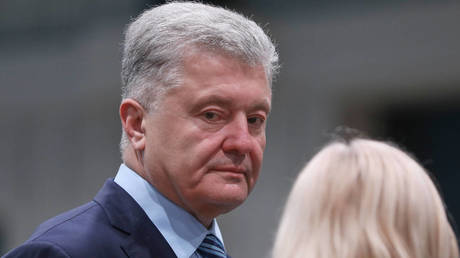
















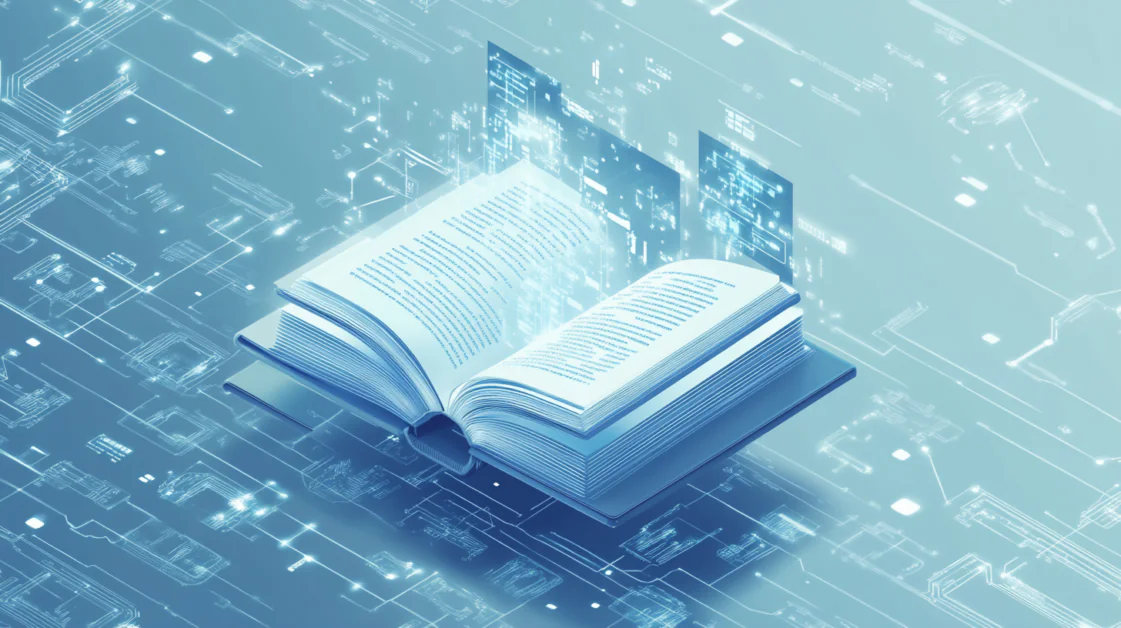


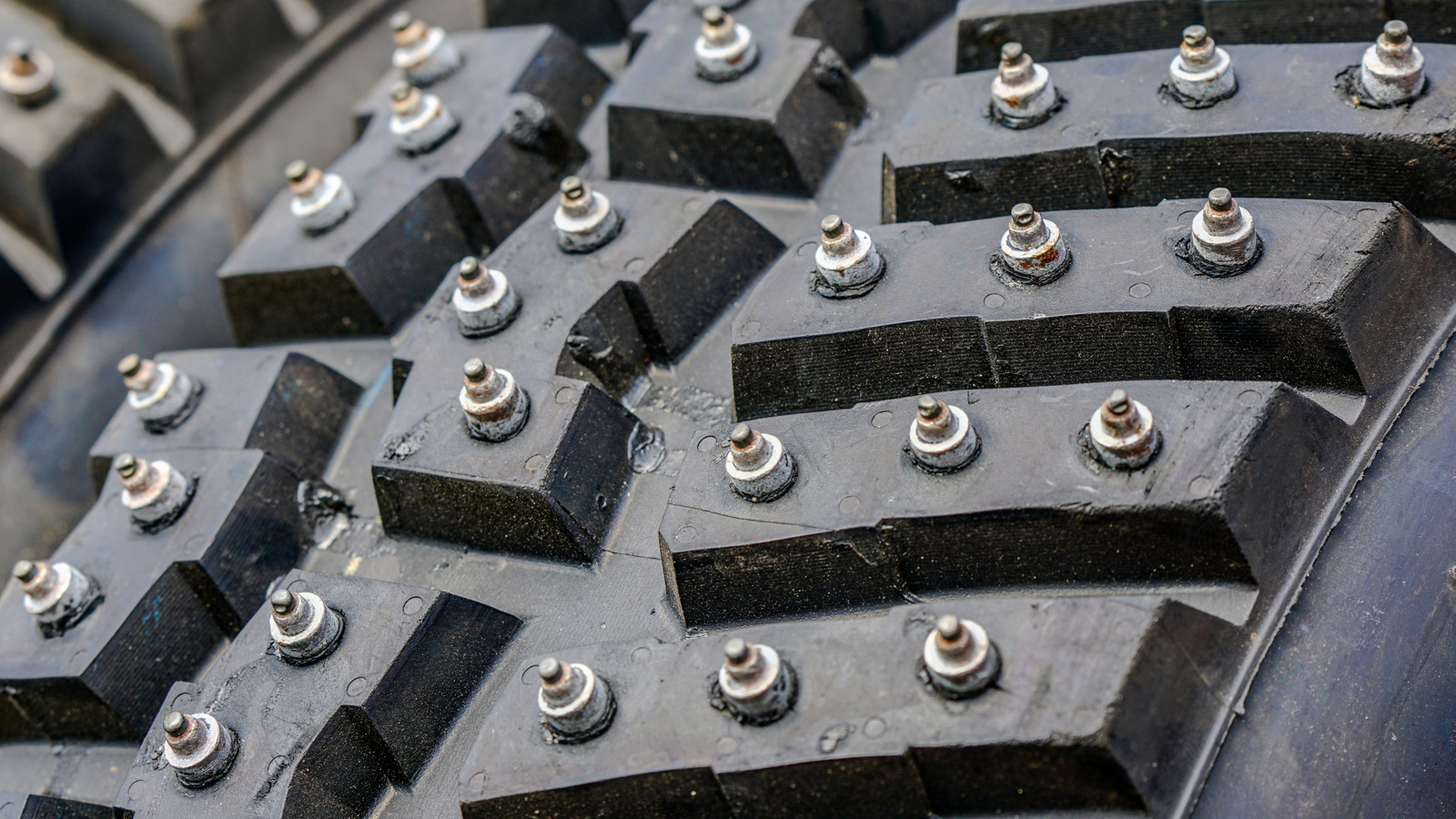

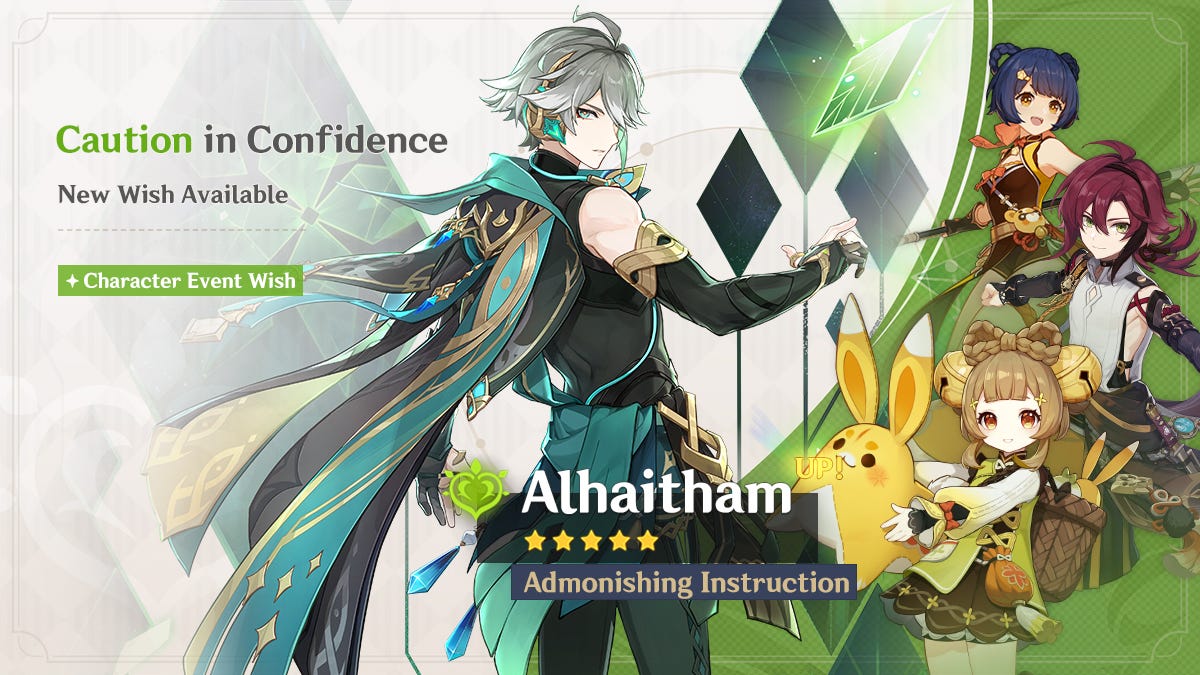
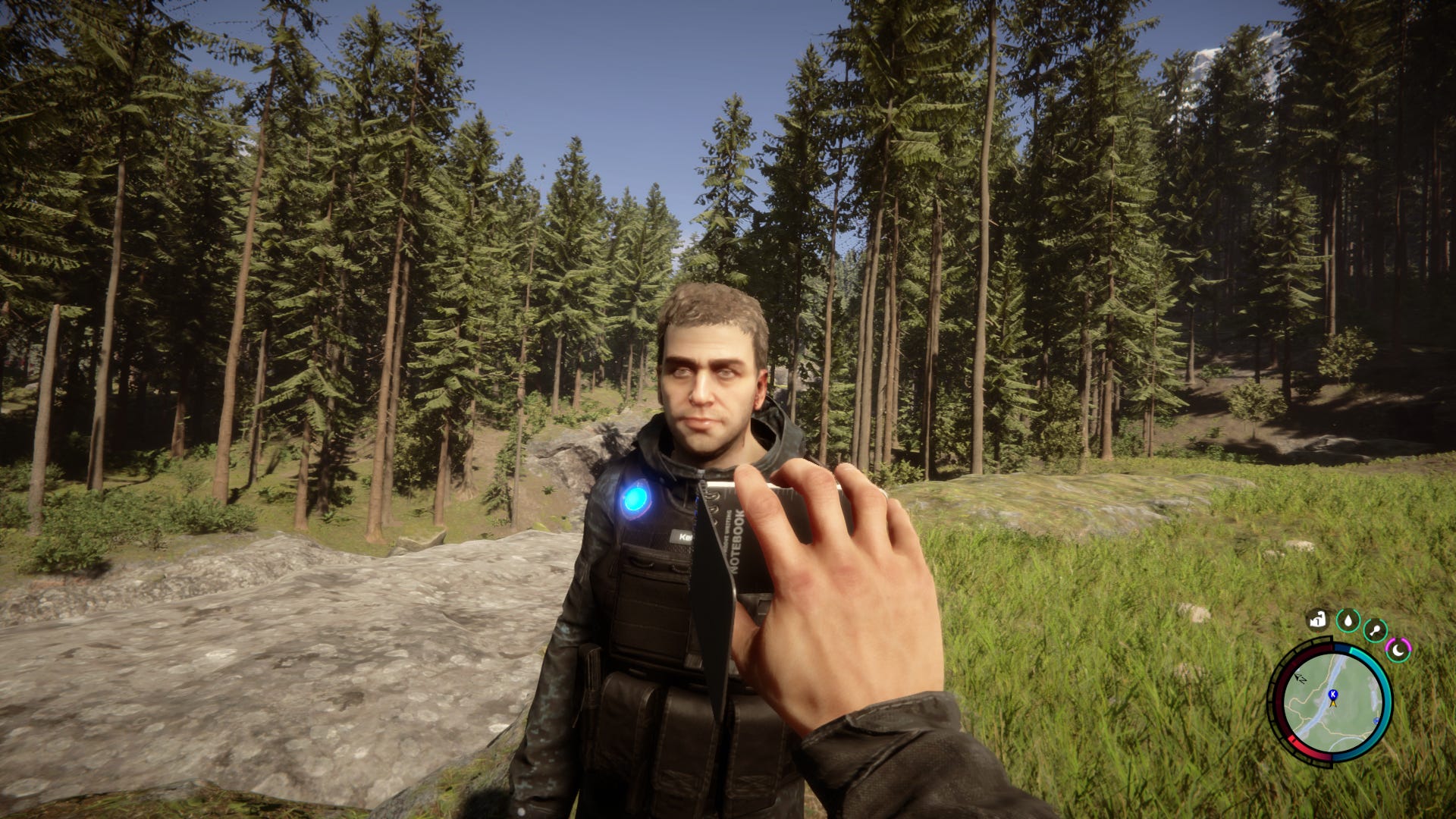
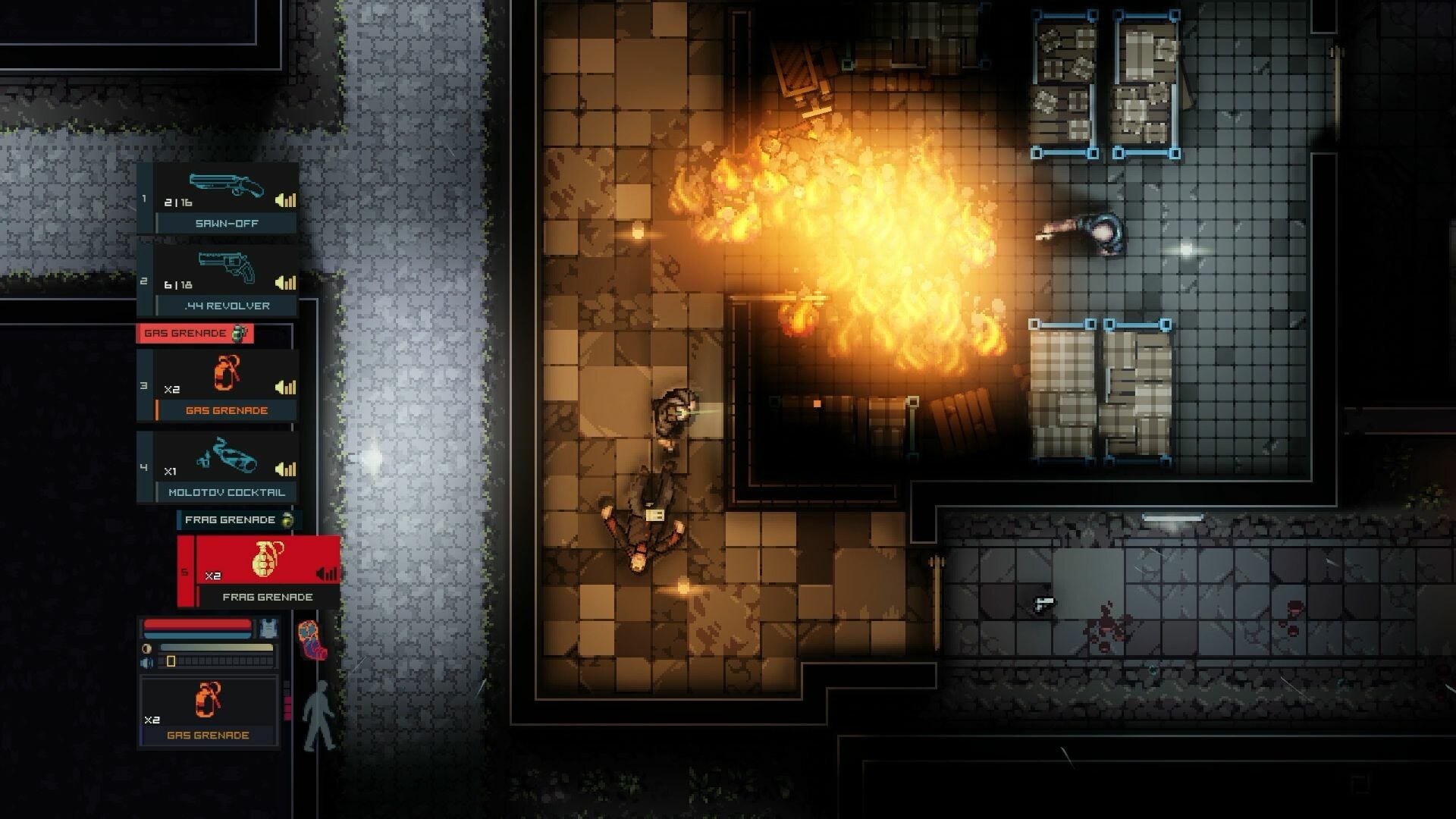

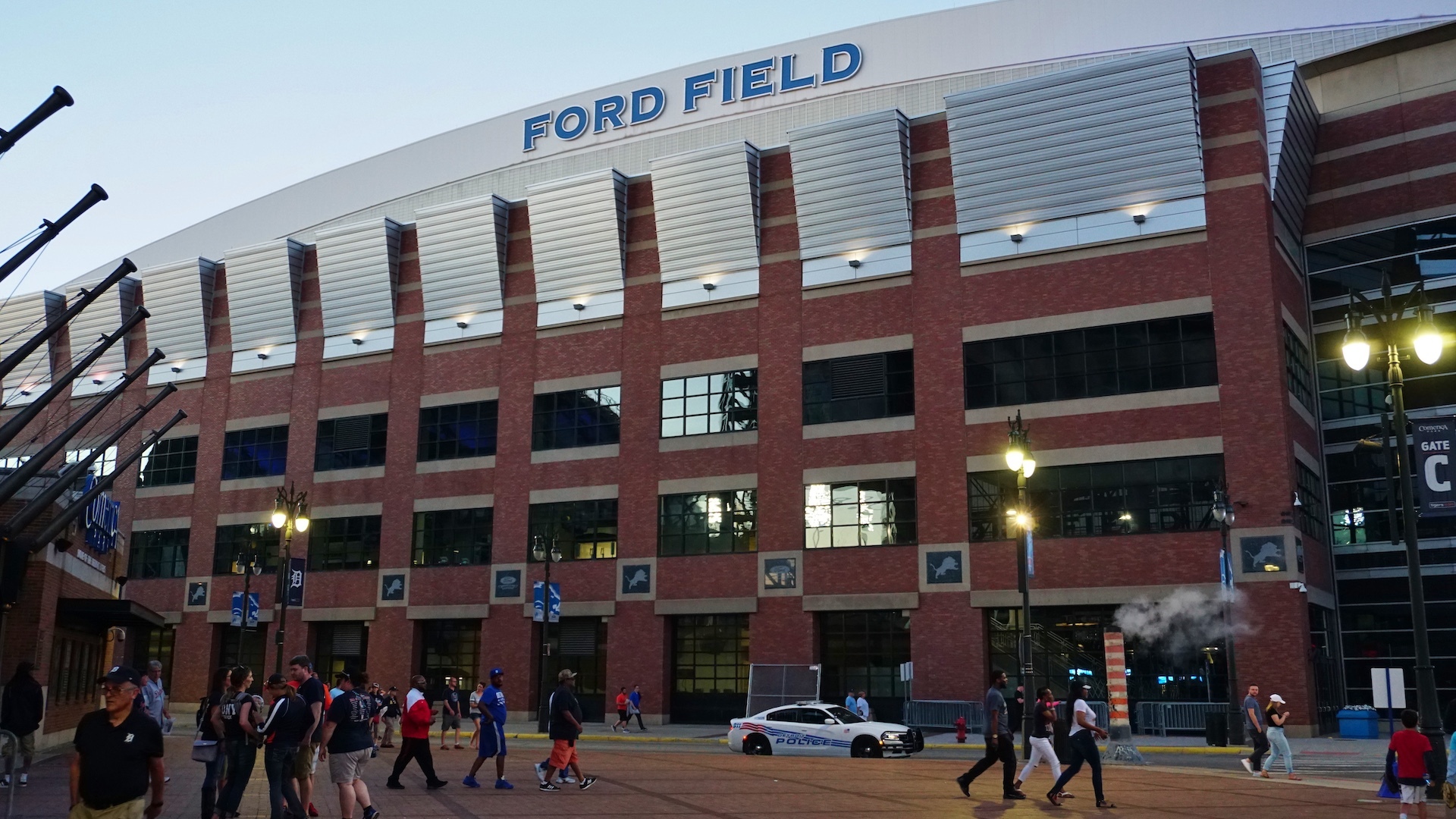



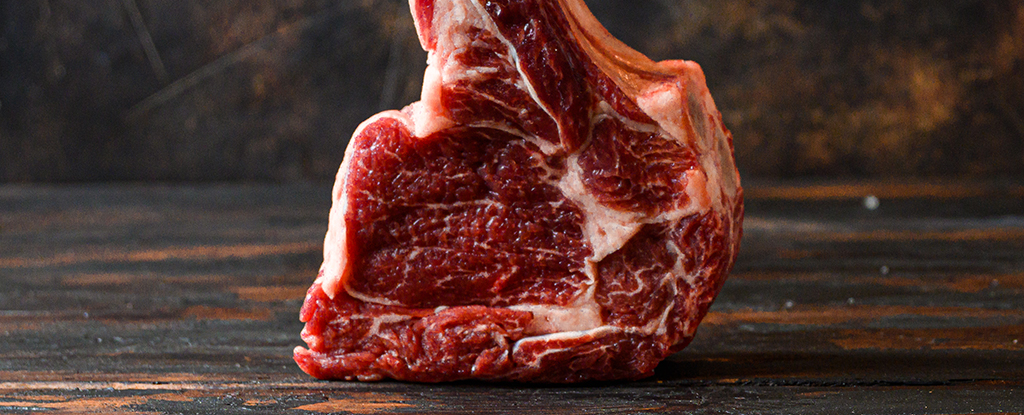



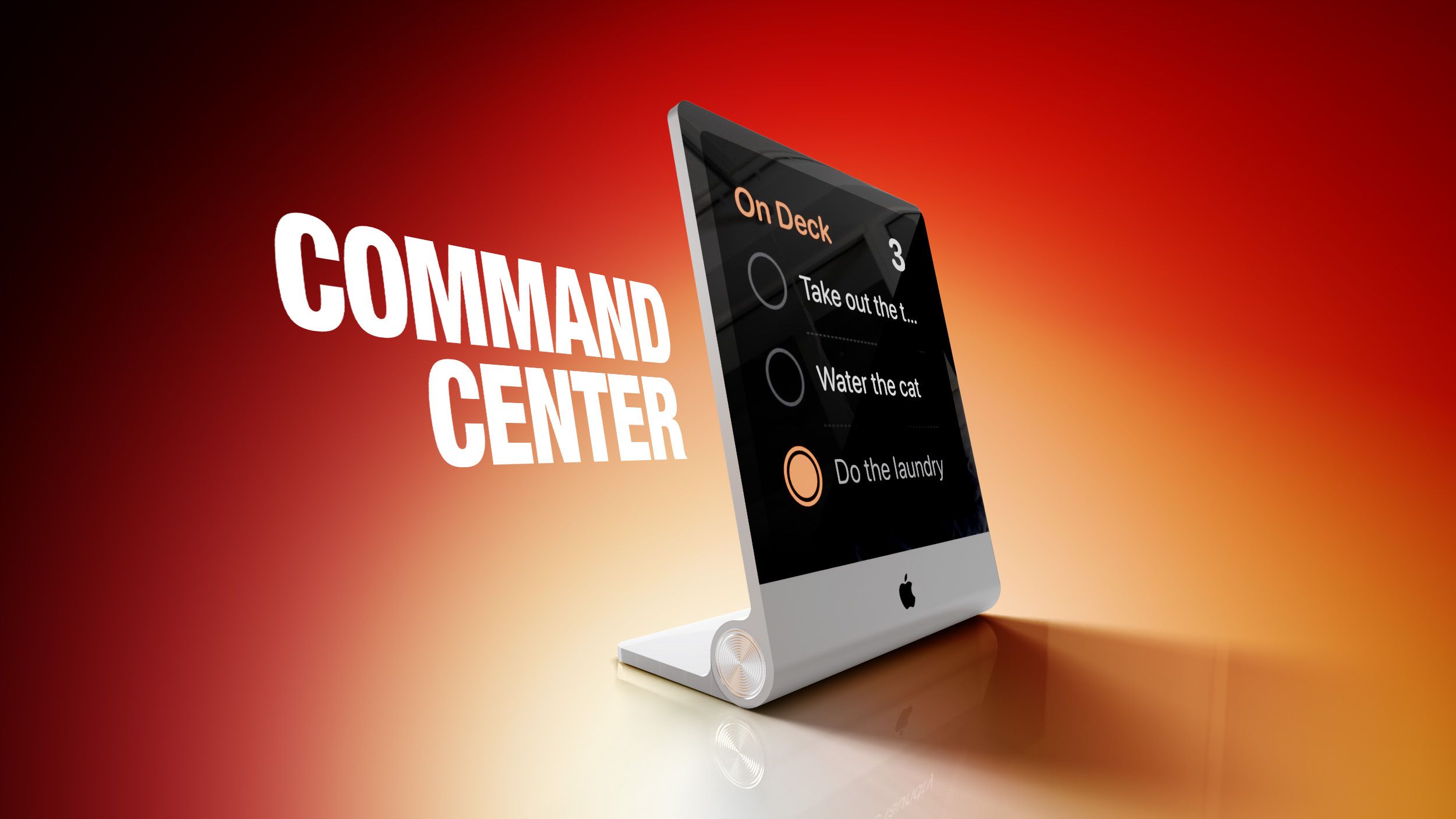
/cdn.vox-cdn.com/uploads/chorus_asset/file/24435316/STK150_Bing_AI_Chatbot_02.jpg)







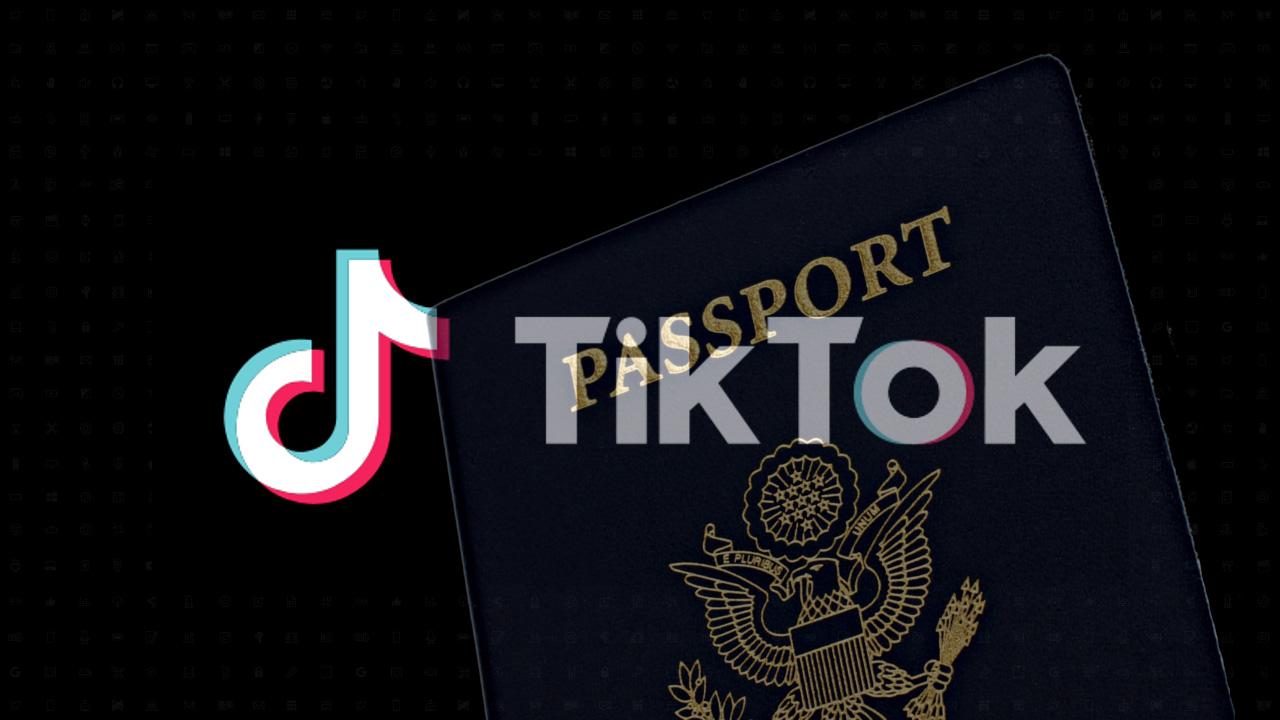


![United Passenger’s Upgrade Mishap Sparks Seat Loss—Here’s the Critical Step to Avoid It [Roundup]](https://viewfromthewing.com/wp-content/uploads/2018/09/20170607_112204.jpg?#)


